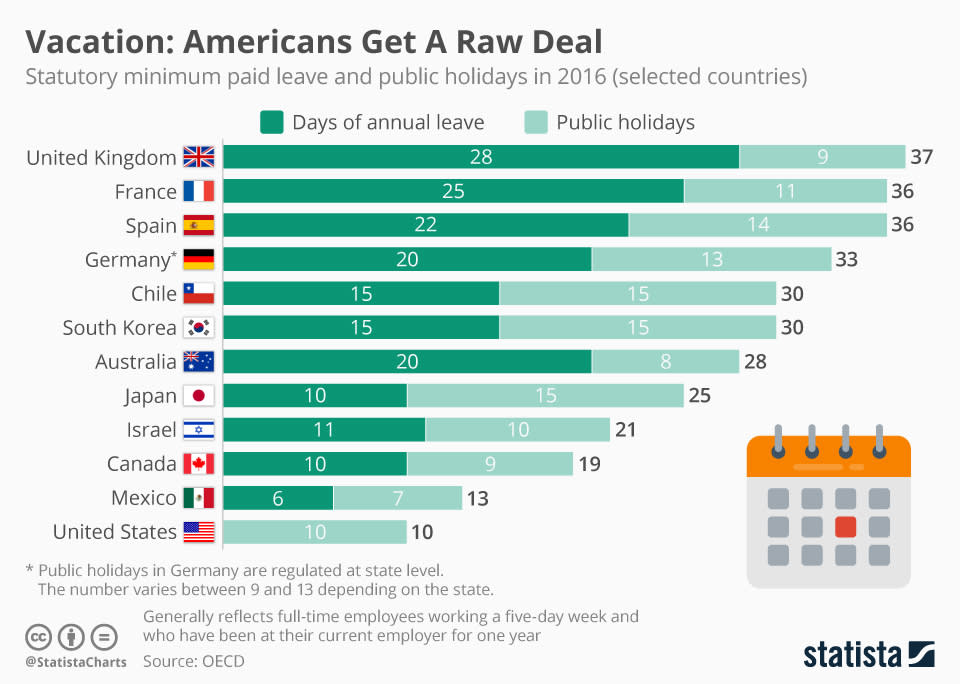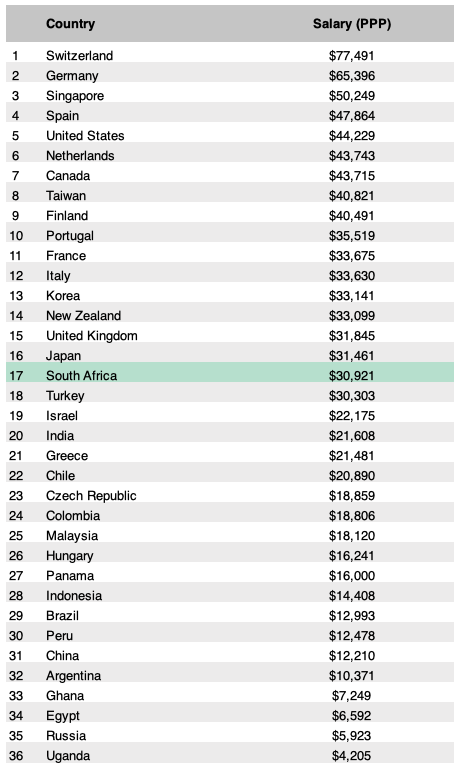

When you use a credit card for shopping, interest is not charged until after the payment deadline (usually 30 days or the end of the month). One word to the wise-Use your credit card to buy things but use a debit or ATM card for getting cash from ATMs.You may need to get a new card to comply with European chip-and-pin standards (more on that below).Instead look for ATMs associated with the UK's big banks, with building societies (like savings banks) or with leading shops (Harrods, Marks & Spencer) and supermarkets. Try to avoid using these machines except in an emergency.

A small number of cash machines do charge for withdrawals and are worth avoiding. Cash machines in small convenience stores and at some motorway rest stops may be part of commercial networks that add extra fees-a minimum of about £1.50 but sometimes a percentage of your transaction.You might be charged anywhere from $1.50 to $3.00 or more per foreign currency cash transaction. It's worth shopping around for the lowest currency transaction charge because this varies from card to card and between issuing banks. But your own bank or card company probably will. Bank, building society and post office cash machines in the UK (which is most of them) do not apply an extra charge or commission getting cash. This is especially true in small, local Mom and Pop stores. Some merchants may require a minimum purchase to accept a credit card.Stick with the big two-VISA and MasterCharge-and you shouldn't have any problems. You may have difficulty using Diners Club and Discover cards. American Express cards are sometimes refused. Some cards are not recognized or widely accepted in the UK.This makes getting some cash at any hour of day or night very easy. They're available at petrol (gas) stations, in cinemas, at banks and in some shops.

Most village high streets will have a selection of automated teller machines.


 0 kommentar(er)
0 kommentar(er)
